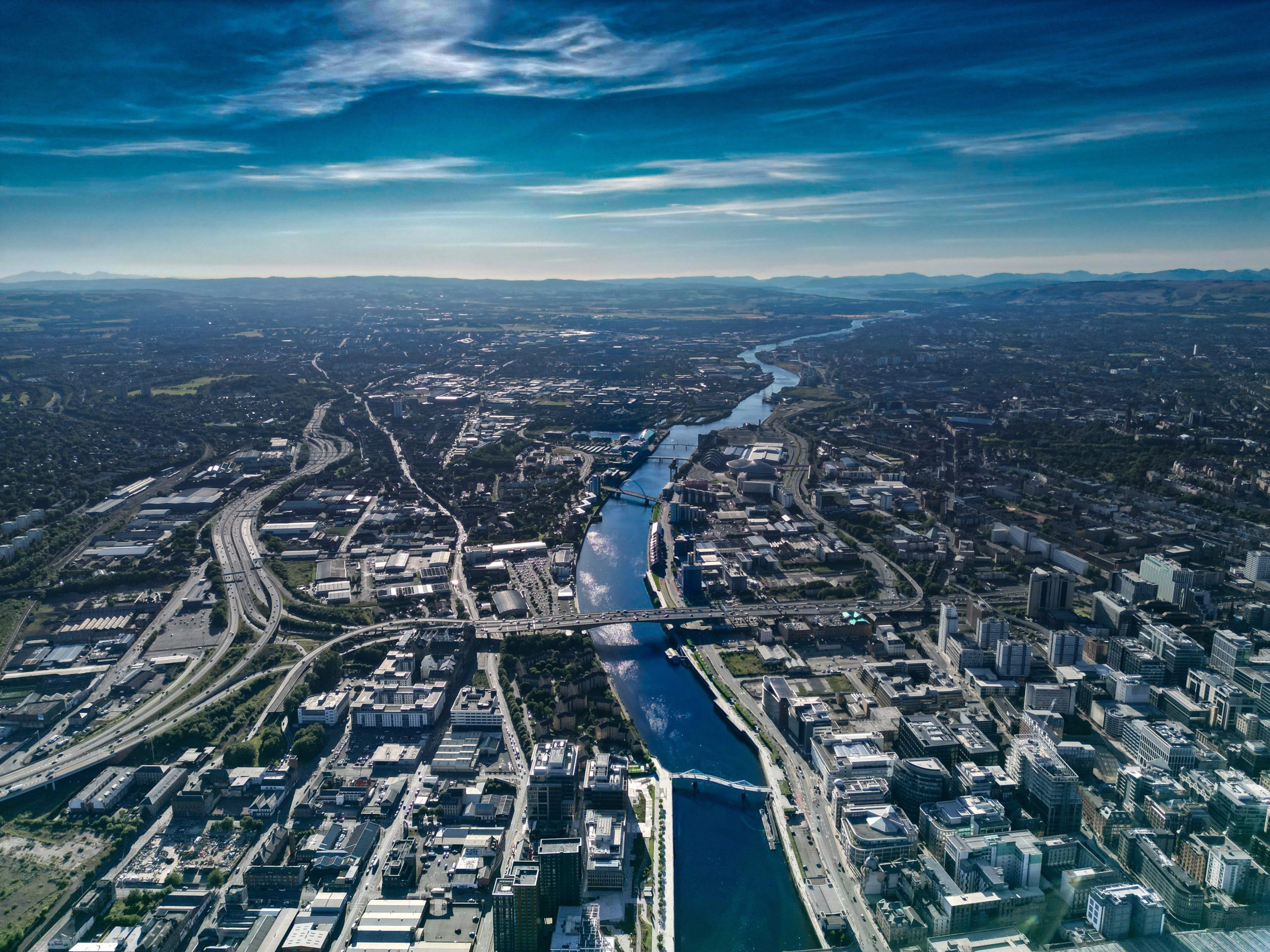
(Shutterstock)
ALMOST half of Glasgow’s residents could have their homes heated by district heating networks, a new Glasgow City Council report has revealed.
The local heat and energy efficiency strategy (LHEES) report revealed that initial findings indicate that the development of heat networks has the potential to reach up to 46% of Glasgow’s population, with 21 zones identified as having potential for viable district heating systems.
Glasgow City Council said options for sources of energy for future district heating networks could include extracting natural heat from the River Clyde by using water source heat pumps; using the energy from waste created at plants such as the Glasgow Recycling and Renewable Energy centre; drawing heat from deep geothermal wells; tapping into the city’s wastewater system; extracting the heat found in flooded, former mine workings; and capturing waste heat from buildings such as distilleries, supermarkets, laundrettes, and bakeries.
Councillor Angus Millar, city convener for climate at Glasgow City Council, said, “How we heat our homes in future lies at the very heart of our efforts to create a net zero Glasgow. Keeping homes warm is almost entirely reliant on burning fossil fuel and so a switch to more sustainable approaches will affect everyone.
“The local heating and energy efficiency strategy shows there is a way ahead and there are many options available on how we can decarbonise domestic heating. A big advantage for Glasgow is the high concentration of housing found in many communities across the city, which helps ensure the potential in district heating systems.
“How we identify the zones where district heating networks are viable and what kind of sources of energy should be used are key questions in our public consultation. But it is just as crucial we have public feedback on how we ensure heating remains affordable in a city with widespread fuel poverty.
“Our local heat and energy efficiency strategy aims to create the conditions for the city to benefit from affordable, reliable, and low-carbon heat. Public input to the strategy is essential part of creating a just and equitable transition to a cleaner, more sustainable system for domestic heating.”








